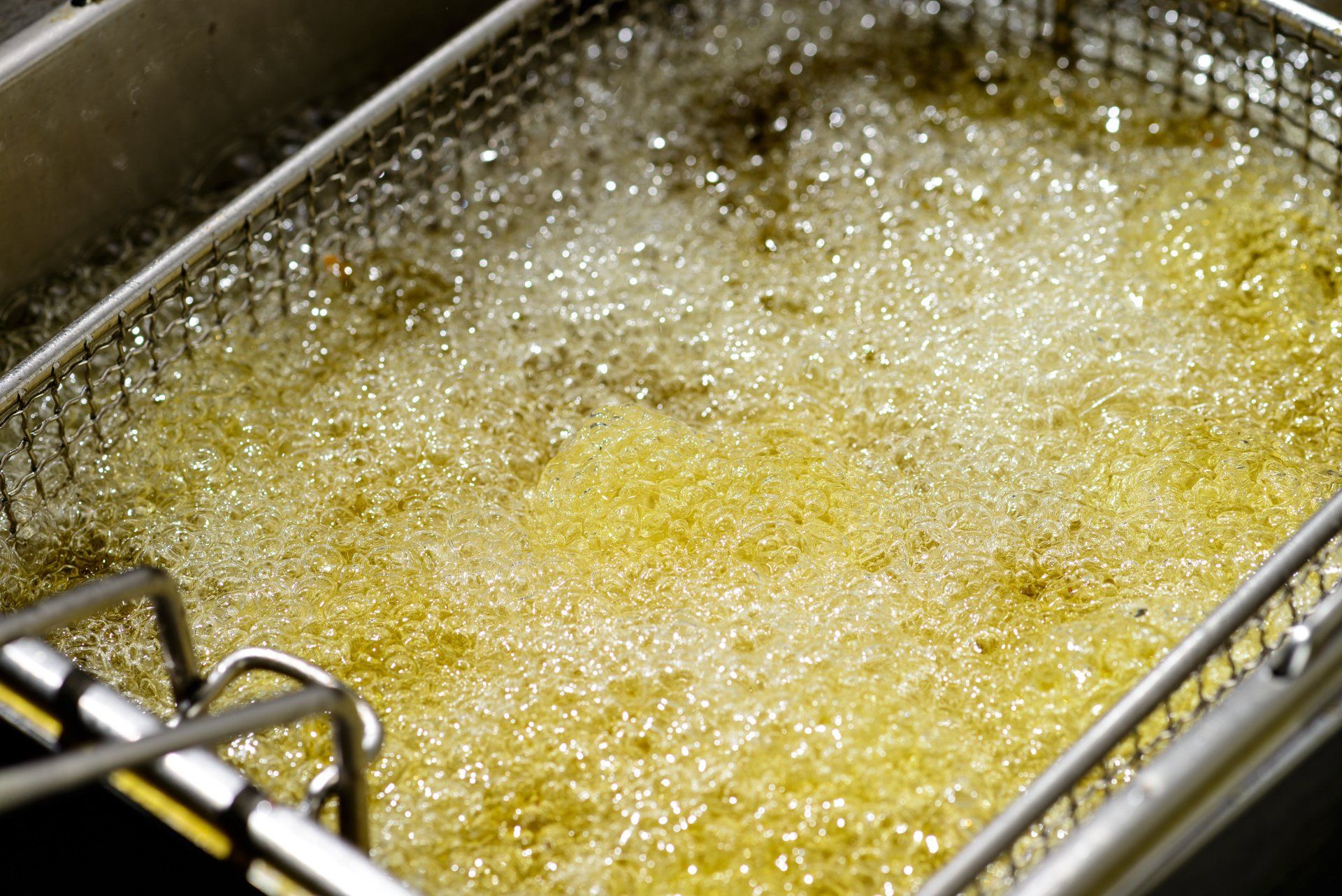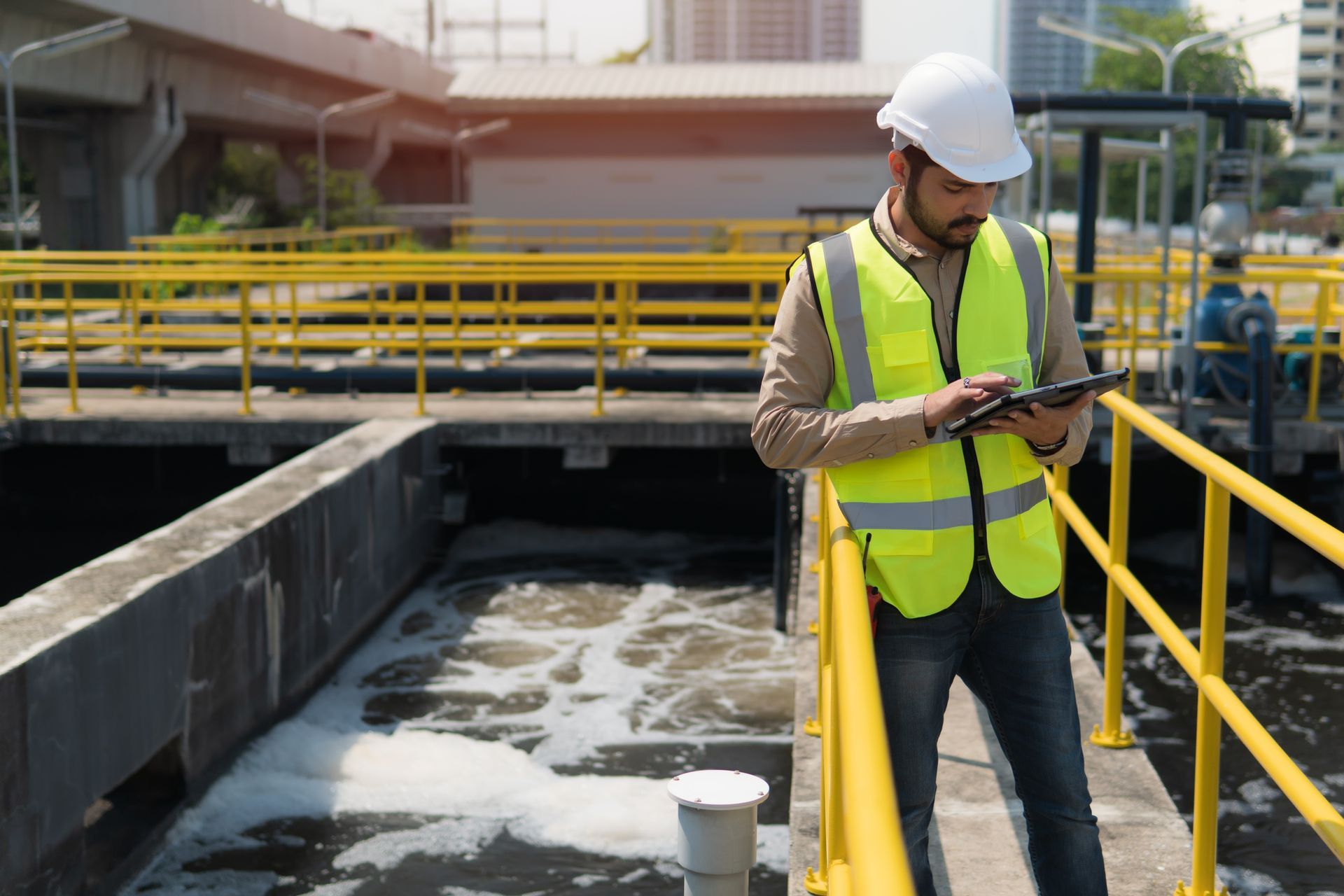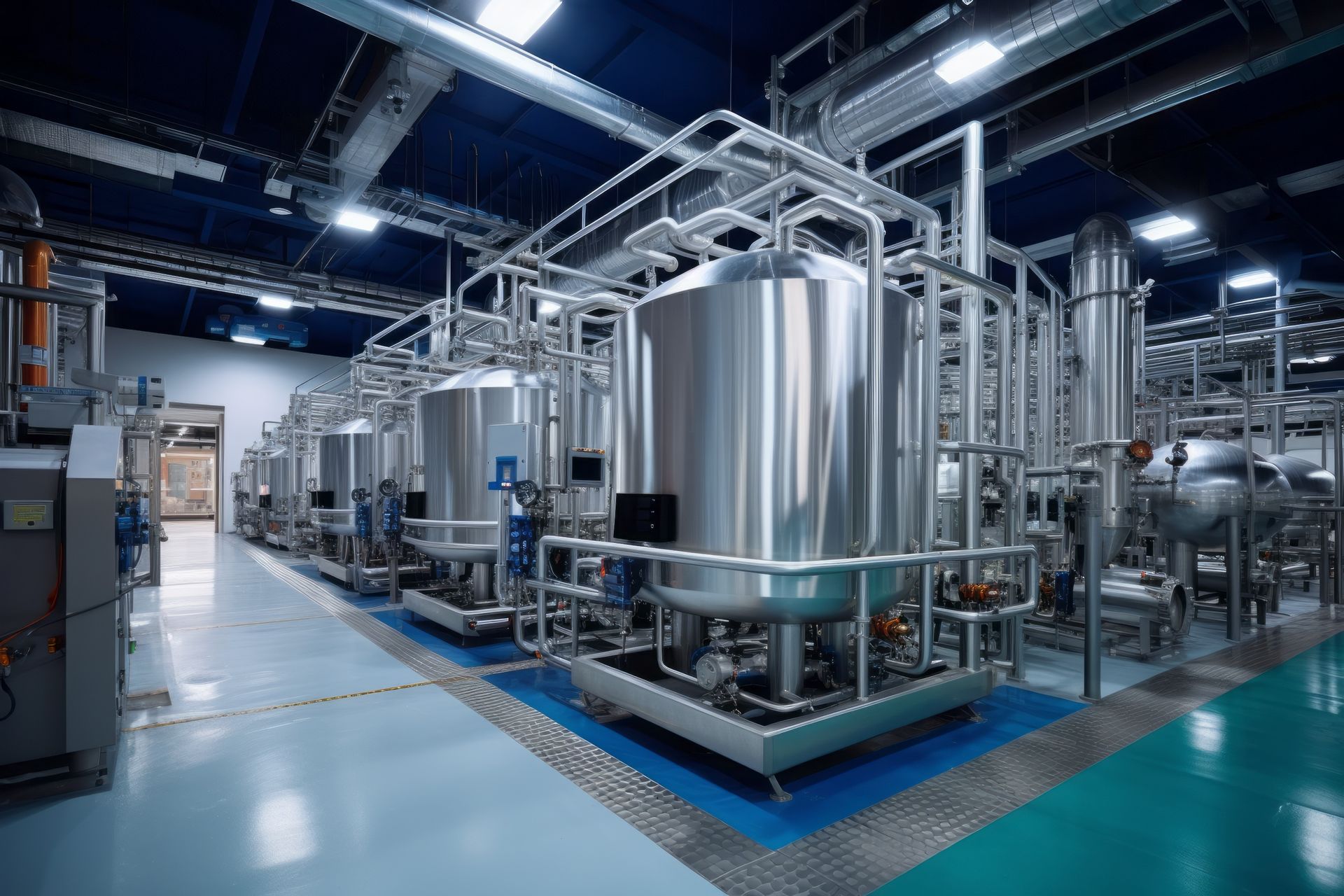Call Today for a FREE Quote
(404) 419-6887
What Do Fryer Oil Recyclers Do with Their Recycled Oil?

Regulations on cooking and fryer oil disposal are pretty tight in Georgia. All types of food service businesses are required to have their oil collected and disposed of by approved waste cooking oil (WCO) recycling service providers like Southern Green Industries. But what happens to that oil once it’s recycled?
Technically, recycled oil can be used for many different things, but at scale it’s generally used for biodiesel fuel. Companies like Southern Green Industries try to make this process as smooth and seamless as possible for Georgia restaurants by providing easy-to-use collection tanks.
Restaurants can even make use of our automatic system that drains waste oil directly from their fryers, or their workers can physically wheel waste oil to their collection bin outside.
A Southern Green Industries driver then comes by and collects that oil in their truck and takes it to our waste oil recycling facility. That collected oil is full of impurities, particles of food and other contaminants that must be removed before the next step of the biodiesel conversion process.
The chemical process through which waste cooking oil is converted into biodiesel fuel is known as “transesterification”.
How Does Transesterification Work?
In basic terms, the transesterification process entails replacing an organic part of an “ester” with the organic part of alcohol using a base or acid catalyst. The process may be executed more effectively with the help of lipases or other enzymes.
In the case of biodiesel production, the ester is the waste fryer oil and the alcohol is methyl alcohol.
Methyl alcohol, also known as methanol, is not the same thing as the isopropyl alcohol you can pick up at the drugstore.
Methanol is extraordinarily toxic, but like isopropyl alcohol it can also be absorbed through the skin. Unfortunately, if methanol is absorbed through the skin or ingested it can lead to nervous system damage and even organ failure. Labs use methanol as a solvent, and it’s also used as an antifreeze and as an additive to gasoline and other fuels.
A catalyst – often sodium chloride or potassium methanolate – is added to the methyl alcohol and waste oil mix to start the transesterification chemical conversion process. The result is a mix of raw methyl ester and glycerin. While glycerin isn’t used in fuel, it does have an extraordinary number of uses, including:
- Thickening liqueurs
- Sweeteners and sugar substitutes
- Food preservatives
- Soaps and fragrances
- Moisturizers
- Mouthwash
- E-liquid for electronic cigarettes
- Anti-freeze
Separating the methyl ester and glycerin isn’t all that difficult thanks to their different solubility properties. The mix is put through centrifugation or a precipitating tank to separate out the two chemicals.
Waste Cooking Oil Recycling Is Big Business
About 80 percent of all biodiesels are made from vegetable oil, with the rest mostly coming from animal fat recycling. There’s essentially no difference between diesel and biodiesel, which is why biodiesel is often blended with diesel fuel. The diesel you get at the gas station might be about 6 percent to 20 percent biodiesel.
Biodiesel has a higher cetane number – or lubricity value. That essentially means it ignites faster and easier than regular diesel and reduces part wear and friction. It doesn’t take much biodiesel to get the lubricity benefits, which is one of the reasons biodiesel blends so highly valued.
Maybe most importantly, biodiesel is biodegradable and generates significantly less carbon monoxide, particulates, hydrocarbons and sulfur dioxide. As a company that strives to be as green as possible, we’re proud to say our entire fleet, from the cars our sales reps drive to our tractor-trailer rigs, runs on biodiesel.
Get Paid to Help Georgia’s Environment
Waste cooking oil (WCO) recycling is vital for Georgia food service businesses because:
- It’s the law
- You get paid for your waste oil
- It’s ultimately good for the environment
Waste cooking oil is so valued that theft is a serious problem. That’s why it’s important to have secure storage and to have regular pickups of your business’s waste cooking oil.
Southern Green Industries is committed to making WCO collection and recycling a worry-free turn-key process. We can custom fabricate an appropriately sized receptacle for your business, so whether your restaurant generates a lot of waste oil or just a bit, we can provide an easy-to-use collection solution.
We also install convenient integrated oil management systems (iOMS) that automatically transfer waste oil from your fryers into sealed oil storage tanks, then we’ll come and pick up the waste oil. The automatic system reduces spill and injury risks from WCO storage.
Transparency and fairness are important when you’re selling a valuable asset like WCO. Every customer has access to our client portal where they can see exactly how much WCO is being collected from their business and how much they’re getting paid for the fryer oil we collect.
You should demand that level of transparency from whoever you choose to recycle your waste oil.
As a zero-landfill recycling company, we ensure none of the byproducts from your waste oil recycling ever contribute to environmental damage in our beautiful state. Learn more about our fryer oil recycling services in Georgia by calling (404) 419-6887.
Recent Blog Posts
Contact us Today for a FREE Quote
We are committed to making grease trap cleaning and fryer oil recycling as clean and easy as possible. If you’d like to learn more about our services or get a quote, give us a call at (404) 419-6887.
Southern Green Industries is an Atlanta owned and operated grease trap cleaning and fryer oil recycling company operating in Atlanta and throughout the entire state of Georgia.
All Rights Reserved | Southern Green Industries | Built by REV77



